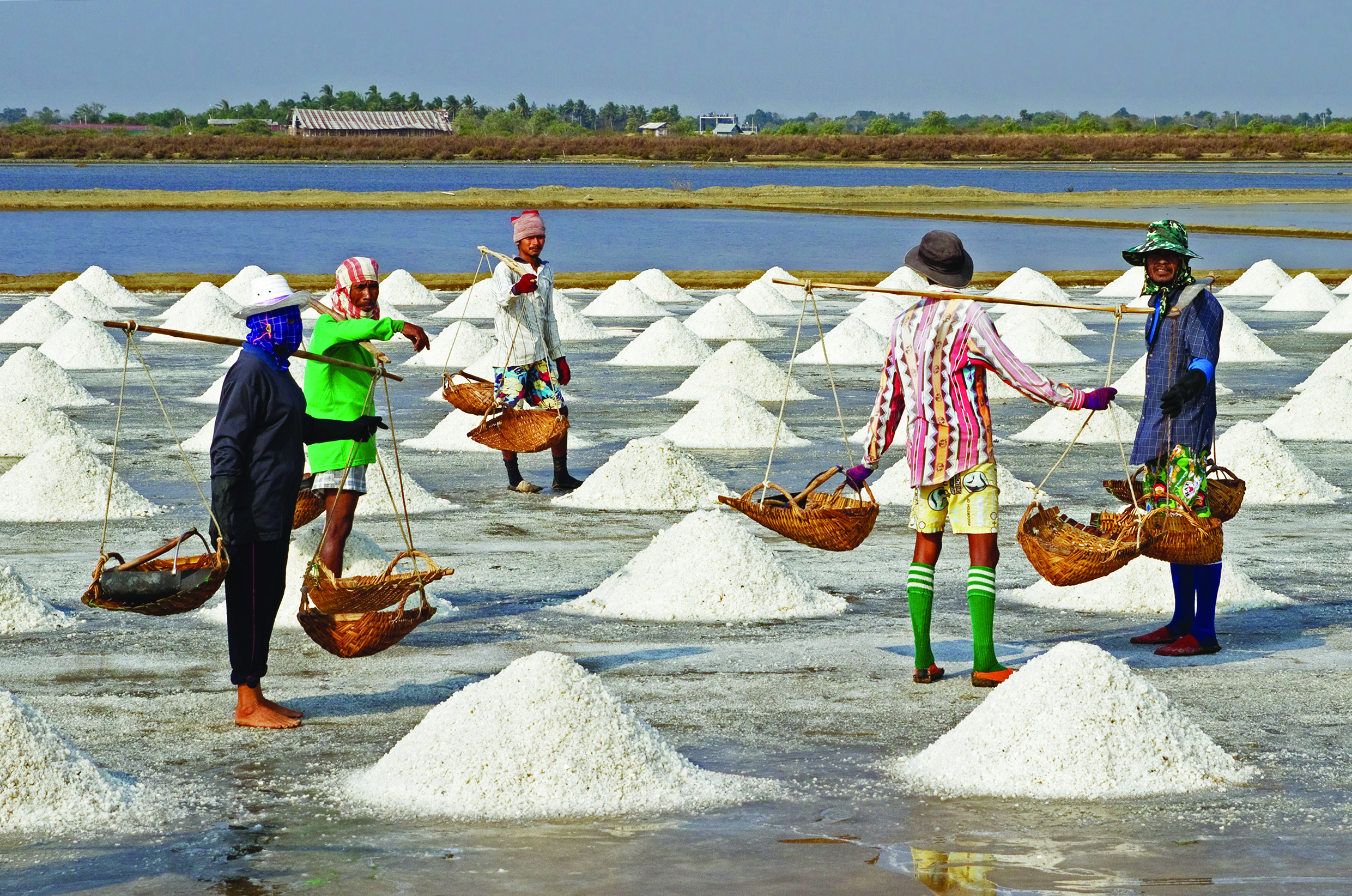New research challenges the view that lower is always better when it comes to salt input
New research challenges the view that lower is always better when it comes to salt input
A new study linking low salt consumption with an increased heart disease and stroke risk for people not suffering from hypertension has drawn a fiery reaction and criticism of the methodology used.
The controversial study, published in The Lancet, examined the sodium excretion of 133,118 individuals, half of whom had been diagnosed with hypertension and half of whom had not.
High sodium excretion (more than 7g/day) increased the risk of death, myocardial infarction, stroke and heart failure in the hypertensive individuals compared with moderate excretion (4g to 5g/day), the study found.
However, sodium excretion above 7g/day was not associated with an increased risk of disease for individuals without hypertension. And low sodium excretion (less than 3g/day) increased the risk of cardiovascular disease events and death in people with and without hypertension, the study said.
“[Our findings] suggest that although there is a limit below which sodium would be unsafe, the harm associated with high sodium consumption seems to be confined to those individuals with hypertension,” the authors wrote.
As only about 10% of the population had both hypertension and high sodium consumption (6g/day or more) in the study, the authors argued against a population-wide approach to reduced sodium intake.
NHMRC Nutrient Reference Values for Australia and New Zealand recommends a daily sodium consumption of 0.46 to 0.92 g/day for adults with an upper limit of 2.3g/day.
Professor Francesco Cappuccio, head of the World Health Organisation’s Collaborating Centre for Nutrition, was quick to criticise The Lancet for publishing the paper, saying the method of estimating 24-hour sodium excretion from one sample was an inaccurate measure.
“It is with disbelief that we should read such bad science published in The Lancet,” he said.
Aloysa Hourigan, senior nutritionist at Nutrition Australia, said the research raised some questions, but that it was important that recommendations on salt intake levels not be immediately changed.
“They haven’t done what is considered the gold standard of research trials, which is that of double-blind randomised control trials,” she said.
Hourigan pointed out that the Australian Bureau of Statistics recorded hypertension in 31.6% of adult Australians in 2011-12, meaning that almost one-third would benefit from reducing their salt intake.
“The other question is: ‘Are Australians actually consuming salt below the recommendation?’. And the answer is no, we are consuming above it,” she said.
The Lancet 2016, online May 2016


